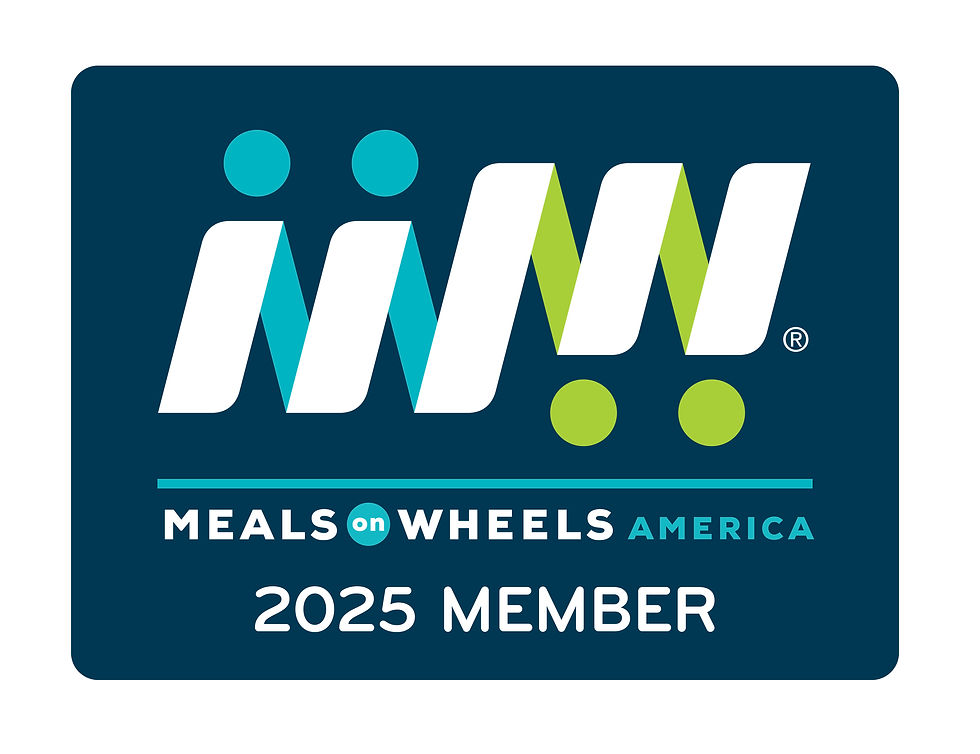What the Government Shutdown Means for Seniors
- Mark Clark
- Oct 1, 2025
- 2 min read
News about the government shutdown may be raising concerns for older adults who depend on federal programs for their livelihood. We want to share what we have learned about the most recent shutdown and what it may mean to to the aging adults served by Montco SAAC.
Will my Social Security check stop?
No. Social Security is considered “mandatory spending.” According to Kiplinger, “Social Security payments to retirees and people with disabilities will continue even if there’s a shutdown” (Kiplinger, Sept. 2025).
What about Medicare?
Medicare benefits, including doctor visits and hospital coverage, continue during a shutdown. Claims are still processed, and payments to providers move forward.
Could my telehealth visits be affected?
Possibly. The Washington Post reports that “payments for video health care visits … face elimination” without congressional action, and some hospital-at-home programs “face an uncertain future” (Washington Post, Sept. 30, 2025). That means some virtual appointments may not be available if the shutdown lasts.
What about programs like Meals on Wheels?
Home-delivered meal programs often receive some federal support through the Older Americans Act. If a shutdown causes funding delays, local programs could experience temporary strain.
Will food assistance continue?
SNAP (food stamps) benefits generally continue at first, but long shutdowns may create delays. The Food Research & Action Center explains that SNAP is mandatory spending, though timing issues can arise if a lapse stretches for weeks (FRAC, 2025).
What about Social Security offices?
Field offices may stay open with fewer staff. That means routine services, like replacing cards or handling appeals, could take longer. The Committee for a Responsible Federal Budget notes that backlogs “can take months to resolve” after a shutdown (CRFB, 2025).
Bottom Line
Your Social Security checks and Medicare benefits will continue. The biggest uncertainties involve support services, such as telehealth visits, meal delivery, and benefit office wait times that could be slowed or disrupted if the shutdown continues.



Comments